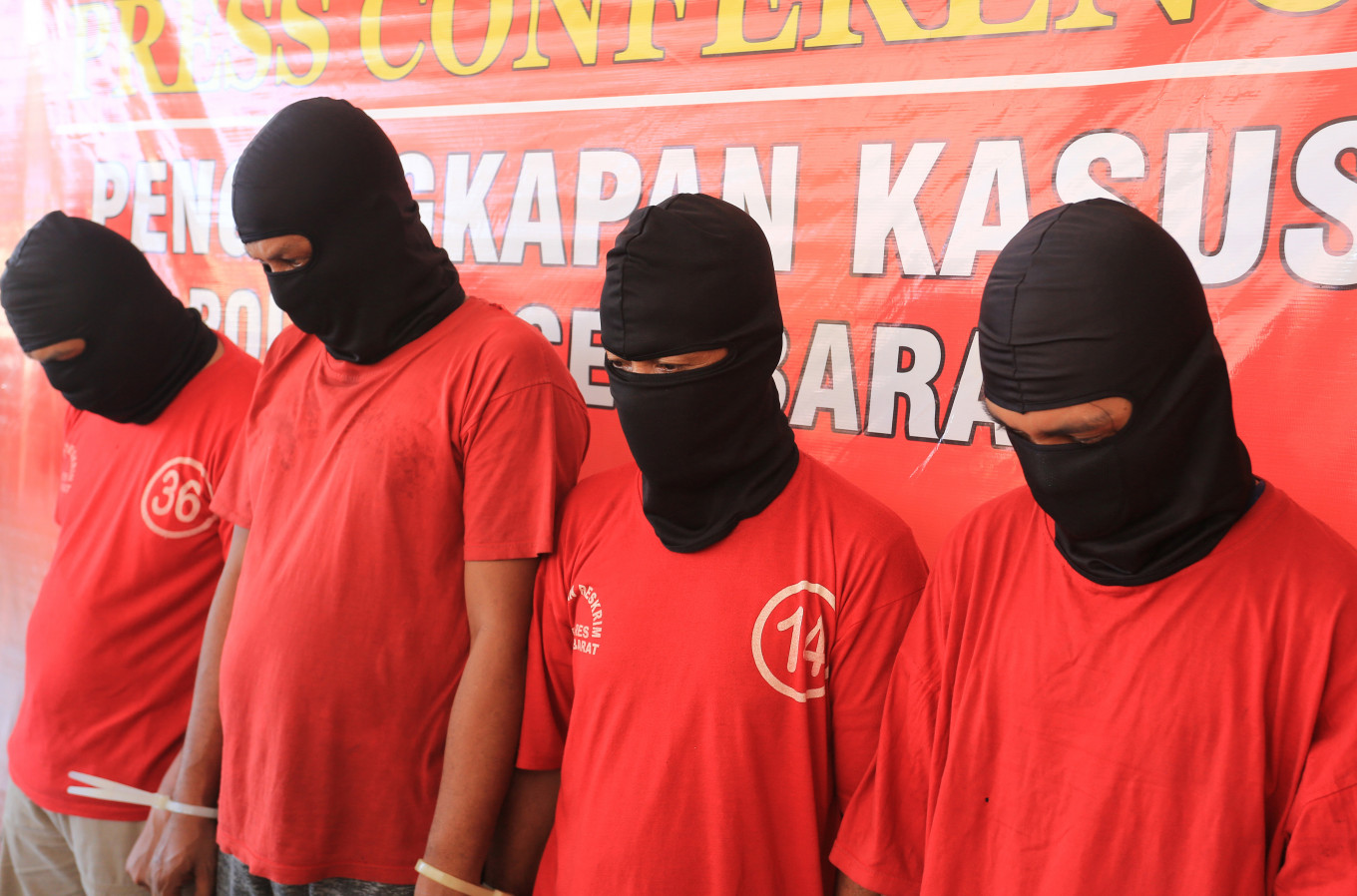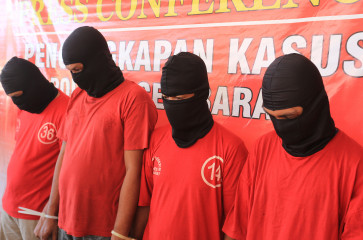Popular Reads
Top Results
Can't find what you're looking for?
View all search resultsPopular Reads
Top Results
Can't find what you're looking for?
View all search resultsRegional cooperation key to countering smuggling and trafficking
The Bali Process remains a lynchpin in expanding prevention, protection and prosecution efforts through enhanced regional cooperation, joint capacity building initiatives and policy development efforts.
Change text size
Gift Premium Articles
to Anyone
A
cross Southeast Asia, a clandestine world operates that is far removed from most of us — a world where human lives are commodified, irregular movement of persons is facilitated and transnational organized crime (TOC) operates across borders.
Despite concerted efforts by governments across the region to date to tackle these issues, trafficking in persons and people smuggling continues to pose a significant challenge to regional stability and security. According to the International Labor Organization (ILO), it is estimated that the value of forced labor and trafficking in persons currently stands at US$150 billion annually.
The sprawling networks of smuggling and trafficking syndicates not only undermine legal economies but also inflict immeasurable suffering and often life-changing impacts on countless victims — with increased targeting of young, educated and internationally minded graduates in search of job opportunities to start their careers. The syndicates are also getting one step ahead by using new technologies to aid their activities.
As nations such as Indonesia grapple with this challenge, it is imperative to reinforce the criticality of robust and coordinated action that can lead to the dismantling of the chains of exploitation that entangle the region.
Established in 2002, the Bali Process on People Smuggling, Trafficking in Persons and Related Transnational Crime, has long been a cornerstone of regional collaboration in the Asia-Pacific. Nearly two decades later, the importance of the Bali Process has never been more critical in addressing the intricate challenges of trafficking in persons and people smuggling. With globalization, increased migration and technological advancements, illicit activities have evolved, presenting new threats that require contemporary and adaptive responses.
Trafficking in persons and people smuggling exploit the most vulnerable populations, generating billions of dollars for criminal networks while causing immeasurable human suffering. Today, these issues are exacerbated by a range of factors, including increased global migration demand and rapid technological advancements, especially post COVID-19.
Natural and humanitarian disasters, economic disparities, conflict and political instability all act as drivers for people to move. These push factors create fertile ground for traffickers and smugglers to exploit desperate individuals.



















